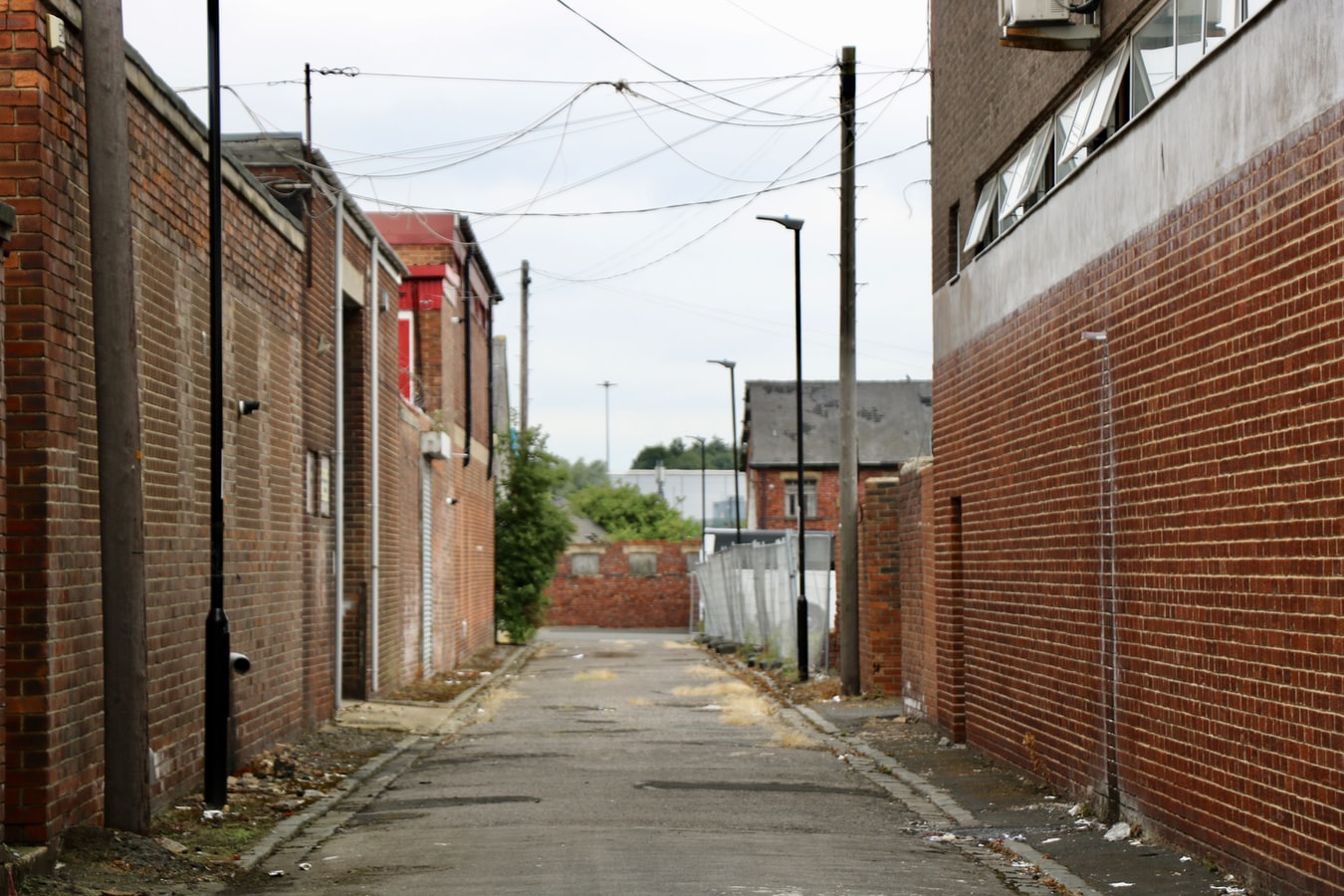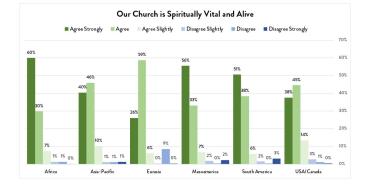Q&A with Josephus Foster

HT: Tell us about your background.
JF: I had a dysfunctional family. When I was 4 years old, I saw my mother shoot a woman who was beating her. When I was 5, I began to experience life in the hood. At 9, I worked in a prostitution house doing chores and keeping an eye out for the police.
I was the middle child of 5, but my 2 older brothers were murdered. When I was 14, my mother went to pay bills one day and didn't come back. My father was sick from black lung and a steel factory injury. I was left to care for him and my little brother and sister. I missed school a lot to take care of them.
When I was in school, I was always in trouble. Finally, in the 8th grade, I was kicked out. I decided to join the Navy and lied about my age. While serving, I got in trouble and was court-martialed for stealing. After I got out of the brig, the captain said he saw potential in me. They gave me probation and an honorable discharge.
He said, "You deserve some good things in life, so Foster, it's all on you." I went home, but soon got sent to the Ohio State Reformatory for armed robbery. After 4 years, I was on the street for 18 months, then was busted again. After 5 years I was released on the furlough program to go to Ohio State University.
I graduated as a valedictorian. I earned my bachelor of arts in social work and was employed by the Youth Commission as a social worker.
HT: Tell us how you got involved in the church.
JF: My wife took the kids to Sunday School at Grace Church of the Nazarene in Columbus, Ohio, and then she'd stay for church. One Thursday evening the preacher visited me. We talked and then he prayed with me and invited me to church.
I attended a couple of weeks later. The second time I went, I went to the altar while he was preaching. I was saved and the pastor began to mentor me.
HT: How did you get connected in ministry?
JF: First, I taught Sunday School and was on the church board. Then, in 1983, I was asked to do pulpit supply for Mifflin Church of the Nazarene while I attended a 4-year program for ministerial education at Mount Vernon Nazarene University. After completing the program, I became pastor of the Mifflin Church of the Nazarene.
In the third year of my pastorate, the Lord laid upon my heart that He wanted me to take my ministry back to what I had been saved from. I joined the Shepherd Church of the Nazarene and told the congregation about my call to minister to the lost in the hood.
The church gave me food and clothing and $5,000 (U.S.) a year to distribute to needy people. Eventually this became the Fountain of Hope Compassionate Ministries. That was 14 years ago.
HT: What does this ministry involve today?
JF: At first we tried to do everything, but now we focus on teenagers in the Fountain of Hope Youth Development Program. After school, we help kids with their homework.
We offer Bible clubs, Bible study, and speakers. We take the kids on tours and field trips and have a summer community camp. The juvenile courts send kids to us to work off restitution, and we get them involved in anger management and authority groups. Besides directing Fountain of Hope, I pastor a church plant: Fountain of Hope Community Church of the Nazarene. We also have a Fountain of Hope Community and a Fountain of Hope Ed Dunning Urban Scholarship Fund.
HT: You've come a long way from where you started in life.
JF: If someone had told me I would be a pastor, I would have said, "You're crazy." But the Fountain of Hope is a God thing. It just happened. I don't know where it's going. I'm on a mission every day. When I get overwhelmed, Philippians 1:6 pulls me out: "I am sure that God, who began the good work within you, will continue his work until it is finally finished on that day when Jesus Christ comes back again" (NLT).
Holiness Today May/June 2006
Please note: This article was originally published in 2006. All facts, figures, and titles were accurate to the best of our knowledge at that time but may have since changed.




